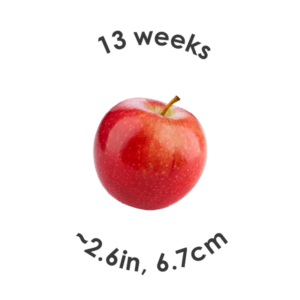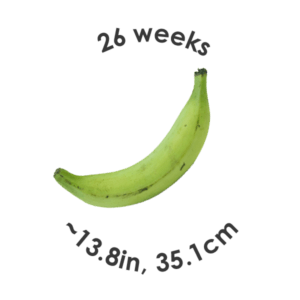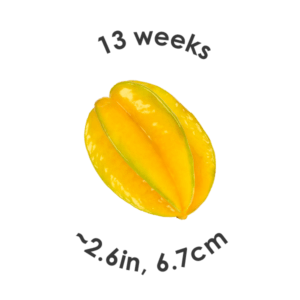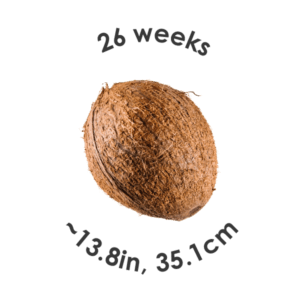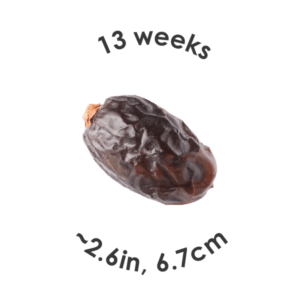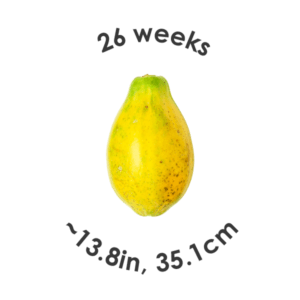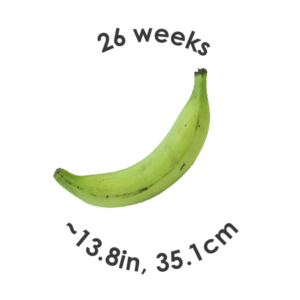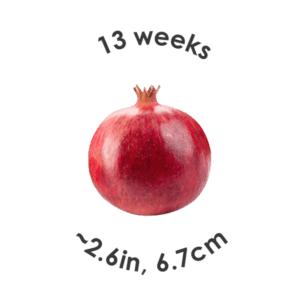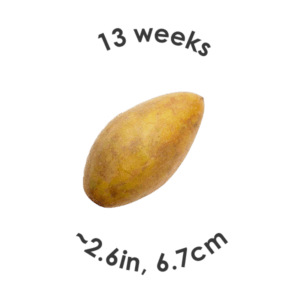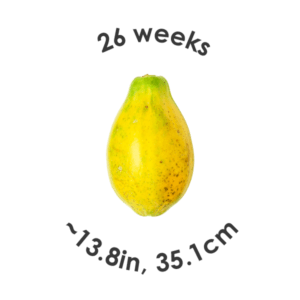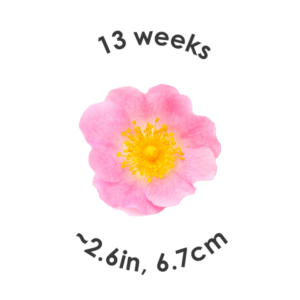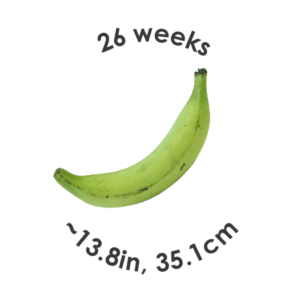Pregnancy Vancouver
Mid Pregnancy
You’re nearly halfway there – Complimenti! Parabens! Chúc mừng! Pongezi! Congratulations! As your body continues to change and your baby grows, you may experience physical and emotional shifts. Our trusted resources will guide you through this stage of pregnancy, so you can focus on what’s most important for you.


Essentials for Your Mid Pregnancy
A quick overview of key milestones, decisions, and health tips for your second trimester. Explore the sections below for more details on what to expect and how to prepare.
Decisions to Make
Do You Have a Primary Care Provider for After Pregnancy Care Ends?
- If you don’t already have a family doctor, or nurse practitioner, ask your pregnancy care provider to help you find one.
Birth Support & Doula
- Consider whether you’d like a doula to help preparing for and during labour.
Post-Baby Support & Feeding Choices
- Consider what kind of help you will need after the baby arrives (e.g., family, friends, postpartum doula, community services).
- Think about how you plan to feed your baby (breast/chestfeeding, formula, combination).
Gestational Diabetes Test (GDM Screening)
- Around 24-28 weeks, decide if you want to be tested for pregnancy-related diabetes.
- Discuss risk factors (family history, previous gestational diabetes, higher BMI).
Health Check
Generally you will have three mid pregnancy visits. You may be seen more often in certain circumstances. Each visit may include:
16 Weeks | In-Person Visit
- Physical exam.
- Check blood pressure (BP), and listen to baby’s heart rate.
- Schedule or confirm the timing of your detailed ultrasound, which usually takes place around 20 weeks.
20–22 Weeks | In-Person Visit
- Check BP, measure belly size, assess fetal heart rate.
- Review/discuss results of your detailed (anatomy) ultrasound.
- Address any concerns about changes or symptoms.
24 Weeks | In-Person Visit
- Routine check of BP, belly size, fetal heart rate, and fetal movements.
- Discuss whether you want a gestational diabetes screening test (offered between 24-28 weeks ).
Tests and Labs
Detailed Ultrasound (Anatomy Scan)
- Typically scheduled between 19–22 weeks to assess baby’s development.
- Results will be reviewed with you, usually at the 20–22-week appointment.
Gestational Diabetes Screening
- Often done around 24-28 weeks; speak with your provider if you’re unsure or concerned about risk factors.
Lifestyle
Stress Management
- Practice ways to reduce stress, such as exercise, prenatal yoga, or mindfulness.
- Consider relaxation techniques or talking with a counselor if anxiety is high.
Check Your Weight Gain
- Discuss weight and healthy eating with your provider.
- Weight gain varies—prioritize daily movement and eating what feels right for your body.
Stay Active
- Continue daily walks or other moderate exercise that feels comfortable.
- Talk with your provider about safe activities if you have concerns.
Healthy Eating
- Keep focusing on balanced meals with proteins, whole grains, fruits, and vegetables.
- Limit sugary drinks, sweets, and highly processed foods.
Learn and Ask About
Available Services
- Prenatal Classes (in-person or online).
- Breastfeeding Classes or lactation consultant visits (if you plan to breast/chestfeed).
- Physiotherapy for pelvic floor health and support, for managing aches and pains of pregnancy including back pain.
- Mental Health Supports (counseling, online resources, community programs).
Risk Factors for Diabetes
- Family or personal history of diabetes, elevated weight, previous gestational diabetes, previous large sized baby.
- If worried, ask your provider if earlier or more frequent testing is required.
Postnatal Support and Resources
- Community or family to help once baby arrives.
- Any postpartum services (like public health nurse, parenting groups, postpartum doula).
Decisions and Planning
Mid-pregnancy is a good time to start planning for the future. We're here to add to the support you receive from your healthcare provider. Whether you need help choosing a maternity care provider or creating a birth plan, our website has plenty of resources to guide you through this period. We want to ensure you feel informed and empowered as you make important decisions for you and your baby.
Decisions and Planning
Where to Give Birth in Vancouver
It’s important to know where you want to have your baby and what options are available to you. This helps you choose the right care provider. If you prefer one of the two hospitals in Vancouver, choose a care provider who works there. On our website, you can find a list of Family Doctors who specialize in maternity care and which hospitals they provide birth care at. We also have helpful resources to help you make decisions during your pregnancy. Remember, this is your journey, and we’re here to support you. Check out these valuable resources!
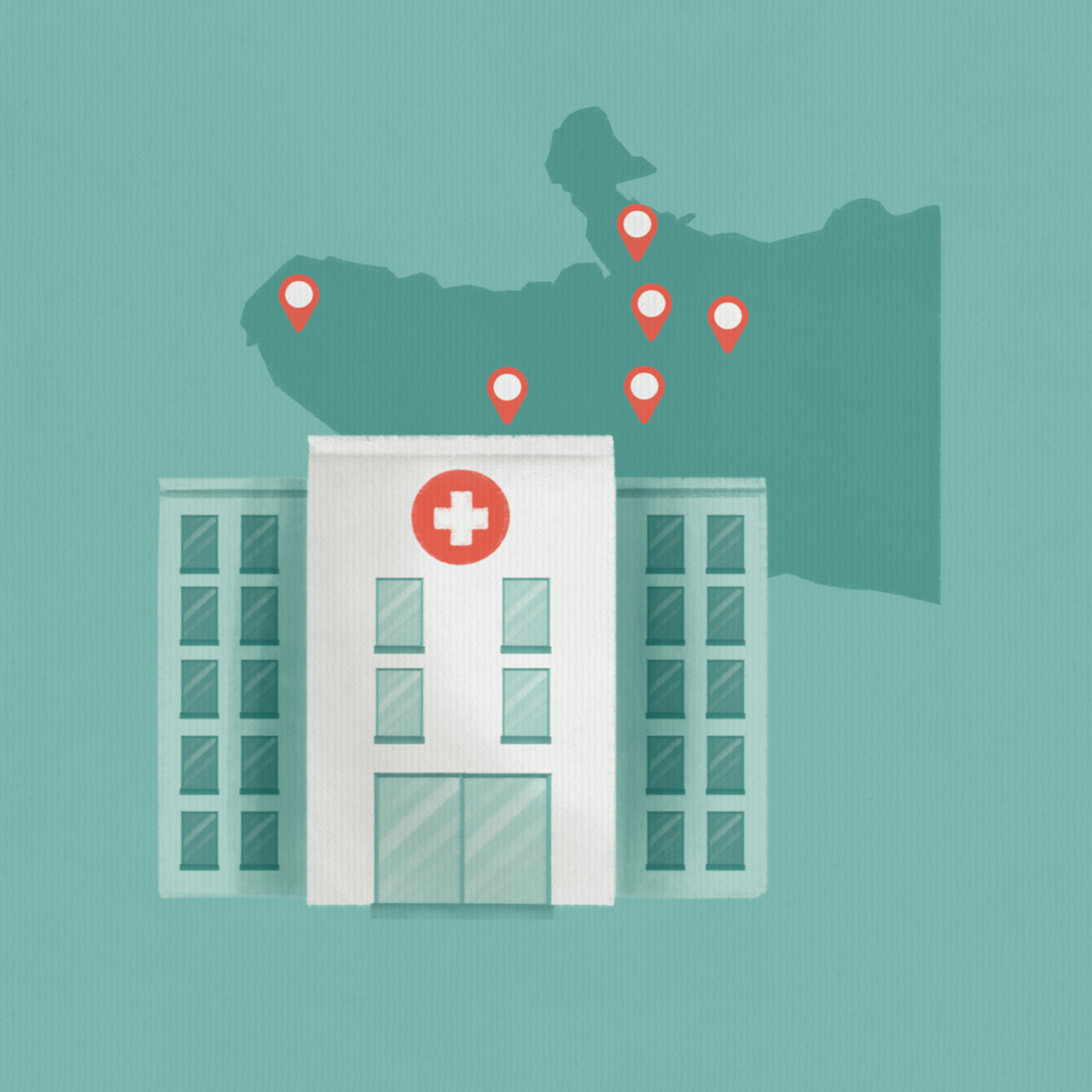
Decisions and Planning
Your Maternity Care Team
As you get closer to mid-way through your pregnancy, you have probably chosen a maternity provider to help you. If you do need help finding one, click on “Learn More” for more information. This is also a good time to explore extra support options like doulas or Indigenous knowledge keepers or elders. They can offer additional emotional support, connection to tradition or ceremony – if this would be something you’d like to have. Talk to your provider as well as your family and community members about options for support. They might have more ideas.

Decisions and Planning
Prenatal Classes
Prenatal classes can help you prepare for your baby’s birth and the early days of being a parent. By mid-pregnancy, you may start thinking about what kind of class you want to take. Do you prefer online or in-person classes? Do you want a short class or a longer one? Thinking about what you want to learn can help you choose the right class for you and your schedule. Prenatal classes can help you feel more confident about giving birth, breastfeeding and caring for your newborn. They can also be a chance to meet other parents-to-be and make new friends. Keep in mind there is no endorsement or recommendation, the list of prenatal classes we provide is for your information only.

Decisions and Planning
Thinking Ahead?
As you reach the midpoint of your pregnancy, it’s a good time to pause and reflect on your journey so far. You might have hopes, dreams, worries and excitement for the months ahead. You may be discussing this with your loved ones too. Are there any special ceremonies or milestones that are important to you? Sharing these thoughts with your maternity provider can help you plan. Explore our reliable resources for more information on these and other important discussions.

Tests, Labs and Appointments
You may have several appointments and tests scheduled by mid-pregnancy. Whether all the results come back ‘totally normal’ or ‘there are some things that need to be discussed’, we’ve got trusted resources to help you make sense of things. Check out our resources on tests, labs and appointments to help you stay informed.
Tests, Labs and Appointments
Healthcare Visit Schedule
Are you ready for your mid-pregnancy checkups? During this phase, the main focus is monitoring your baby’s development and growth. Here’s what you can expect from these checkups:
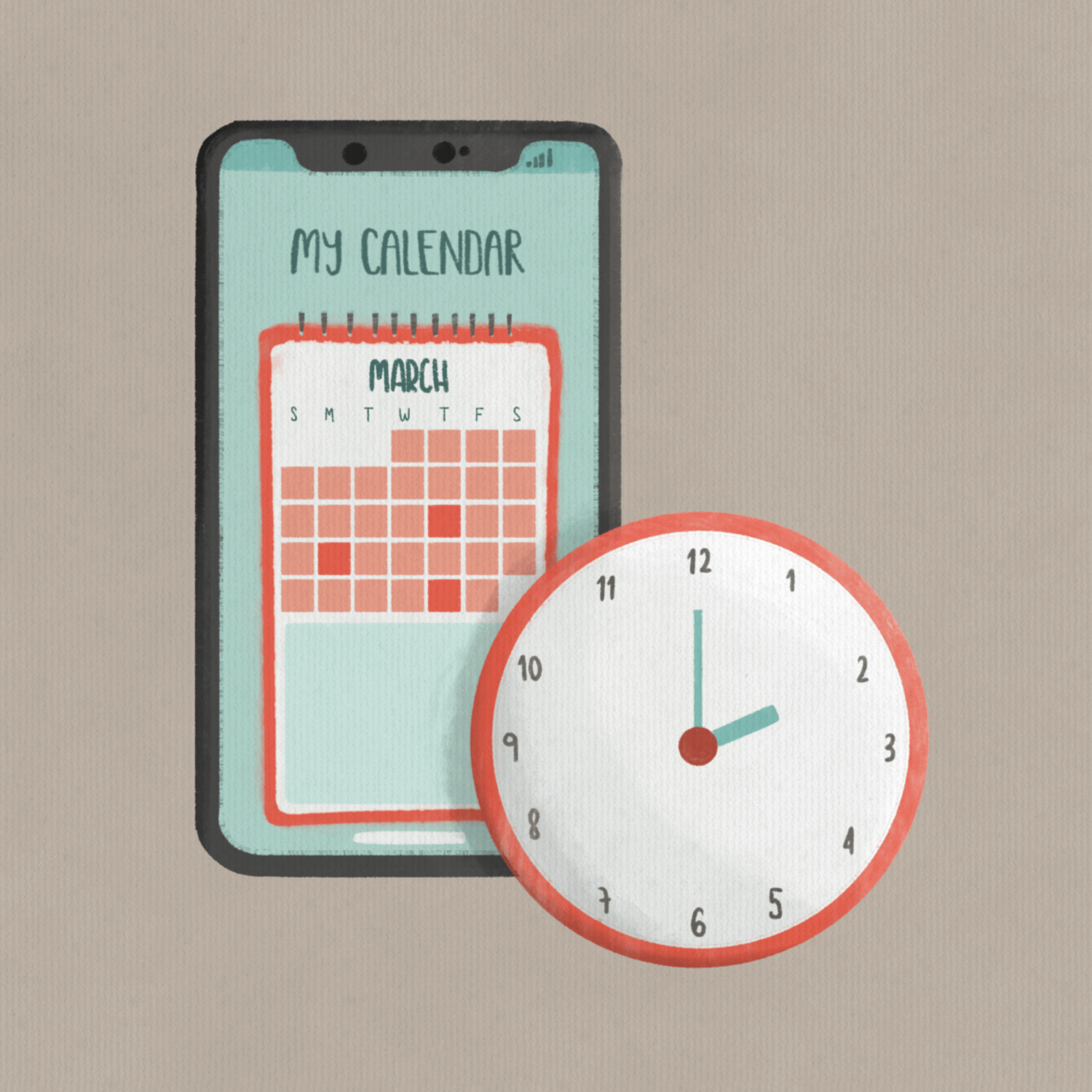
Tests, Labs and Appointments
Prenatal Classes
One way to help prepare for the birth of your baby and the early days of parenting is through prenatal classes. These classes can help you feel more confident and prepared for childbirth, breast/chest feeding and newborn care. They also provide an environment to connect with other expectant parents and share experiences. Of course, there are many ways for us to learn and feel ready. Sharing stories, wisdom from our Aunties or seeing lessons in nature may also be helpful. The resources we’ve collected for you may have what you’re looking for.

Tests, Labs and Appointments
Thinking Ahead?
Now that you’re starting to feel and look pregnant, you might have questions about lab results, labour and birth planning, or even the future and what it means to be a parent. You can learn more about what to expect during your checkups by visiting our page on tests, labs and appointments in Late Pregnancy. This midpoint of your pregnancy is a special time to reflect on how far you’ve come. Take some time to feel awe and gratitude. Past, present and future, we’ve got you covered on your pregnancy journey!

Tests, Labs and Appointments
Maternity Programs and Services
Our website offers essential information to support you throughout your journey. In addition to the services available on our platform, you may also find further support through resources like Pathways BC and BC211.

Self Care
As you continue through mid-pregnancy, it's important to keep taking care of yourself. Whether it's eating well, staying active or caring for your feelings, we have helpful resources that can guide you in staying healthy during this time. When you need a break, what do you like to do? Maybe it’s going for a walk (short or long), enjoying a favourite food or taking time with a loved one. Taking the time to do what makes you feel good can go a long way in caring for yourself and your baby.
Self Care
Your Mental Health
How do you find your balance when you are outside your comfort zone? Do you take deep breaths, notice unhelpful thoughts or practice self-kindness? If you want tips and ideas, we have helpful resources. Taking care of your mental and emotional well-being is important, especially during pregnancy. Remember, asking for help is a sign of strength. Your maternity care provider can also offer support and guidance.

Self Care
Food and Nutrition
Eating a balanced diet can help your baby grow — especially during this phase when your body is changing quickly. During mid pregnancy, some people experience heartburn. Thinking of what and when to eat can minimize these discomforts. Exploring new flavours and foods can make meals more exciting and even spark conversations at the table. If you like Indian food, try recipes that include palak (spinach), daal (lentil), methi (fenugreek), matar (peas) and gobi (cauliflower) to get the vitamins and nutrients that nurture growth. Talk to your maternity provider about healthy weight gain during pregnancy. If you want to know what might be recommended for you, check out Health Canada’s Pregnancy Weight Gain Calculator.

Self Care
Substance Use
It’s not safe to use alcohol, marijuana or other substances during pregnancy, even in small amounts. However, quitting can be hard for many. If you’re struggling with substance use, being honest with your healthcare provider is important. They can provide support to help you reach your goals and discuss safer options. We have brought together some reliable resources for you.

Self Care
Thinking Ahead?
You’ve made it halfway through your pregnancy journey! You may have noticed a shift in your sleeping position. Lying on your back can put pressure on the blood vessels that supply blood to your uterus. If you’re feeling discomfort, sleeping on your side is recommended. Your maternity provider can offer more insights and tips as you enter the later stages of pregnancy. Take a look at the resources we’ve gathered on late pregnancy to help you for this next stage.

FAQs
During this stage of your pregnancy, you may wonder about your baby's development. Have you seen the fun fruit pictures that show how your baby is growing? Check out our resources for images, videos and articles to provide the information you need.
FAQs
Discomfort and Pain
Many pregnant people experience back pain due to changes in their bodies around this time. As the baby grows, the weight can create strain. This can cause pain in the back, buttocks or thighs. While discomfort and pain are common during pregnancy, there are ways to manage these symptoms. Exercises like pelvic tilts and gentle stretches can help. Prenatal massage, physiotherapy and heat therapy may also ease your pain. If needed, your maternity provider can offer more advice.

FAQs
Complications In Pregnancy
Pregnancy is often a smooth journey, but complications like high blood pressure can happen. Lifestyle changes can help some people, while others may need monitoring, medications or other ways to manage. Your maternity care provider will guide you on risks, warning signs and steps to stay healthy. Explore our resources on high blood pressure, high blood sugar and more.

FAQs
Thinking Ahead?
As you near the end of your pregnancy, it can be normal to feel pain in your belly, pelvis or tailbone. This usually happens as your body prepares for childbirth. Hormones make your ligaments more relaxed, giving your baby more room to move. You might also have Braxton Hicks contractions (milder tightenings) and swollen feet. By staying informed and finding ways to manage discomfort, you can feel more at ease. Check out the resources for Late Pregnancy to read ahead. Your maternity provider is also a great support if you need more information.

Find A Maternity Physician
Check In With Your Pelvic Health
Take a few minutes to learn more about your body. This short, interactive quiz helps you understand your pelvic floor health and guides you to resources for every stage of pregnancy and postpartum.


